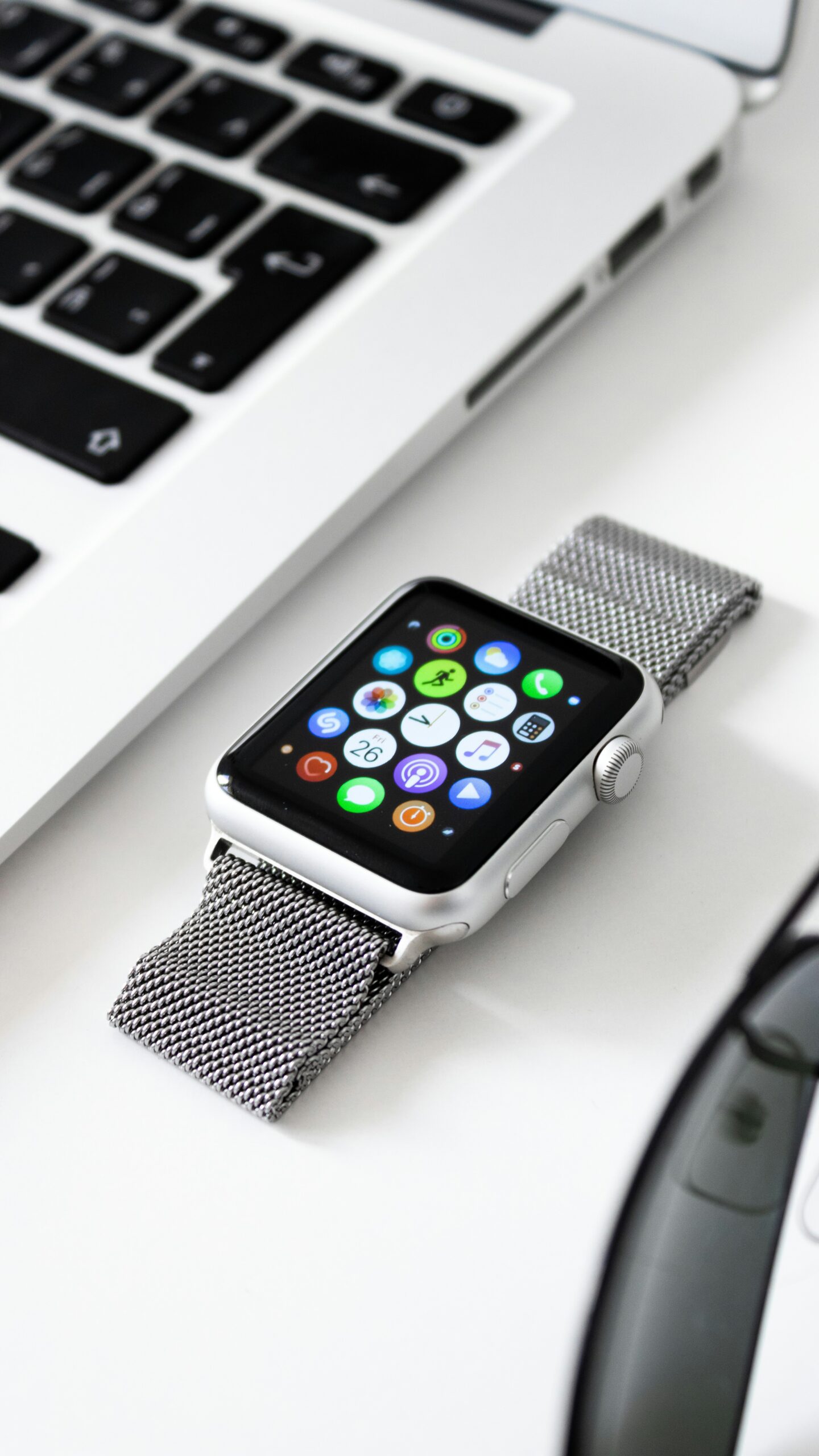When Apple released the OG Apple Watch in 2015, many pessimists were convinced that the device was a fad and with time, it would fade into obscurity. They couldn’t have been wrong. The Apple Watch was a hit when it launched. And in 2024, it has remained an unquantifiable success. For many critics (coughs Samsung fans), it has become a fashion statement rather than an actual fitness device. But that is one of Apple’s superpowers, create a device that appeals to people’s fashion sense yet remains supremely functional. However, beyond being an accessory for making fashion statements, the Apple Watch can SAVE YOUR LIFE! Yes, you read that right!
When was the last time you visited the hospital for even the most basic check-up? Crickets? Yes! That’s what we thought! Now, the Apple Watch (and other health wearables) can not take the place of proper medical checkups, but it will give you on-the-spot feedback before things get really bad, especially during emergencies. Here are 4 ways the Apple Watch can save your life:
- Heart Rate Monitoring
Your Apple Watch continuously monitors your heart rate and can alert you if it detects irregularities, such as atrial fibrillation (AFib) or unusually high or low heart rates. Early detection of these conditions can prompt you to seek medical attention before they become serious. When you consider the high number of young people with no prior medical issues that just drop dead, you will understand why having a device that monitors your heart for irregularities is a no brainer in 2024.
- Crash Detection
The latest Apple Watch models (Apple Watch Series 8, Apple Watch Series 9, Apple Watch SE (2nd Generation) and the Apple Watch Ultra) come equipped with crash detection, which can identify severe car accidents. If a crash is detected, the watch will automatically call emergency services and provide them with your location. This feature ensures that help is on the way even if you’re unable to call for it yourself.
- Blood Oxygen Monitoring
The Apple Watch Series 6 and later models include a blood oxygen sensor that measures the oxygen saturation of your blood2. This feature can help detect respiratory issues early, allowing you to seek medical attention promptly. It’s particularly useful for monitoring conditions like sleep apnea or respiratory infections.
- Noise Monitoring
Exposure to loud environments can damage your hearing over time. The Noise app on the Apple Watch monitors the noise levels around you and notifies you if the decibel level reaches a point that could harm your hearing. This feature is particularly useful in workplaces with high noise levels, concerts, or any situation where prolonged exposure to loud sounds is common. By alerting you to hazardous noise levels, the Apple Watch helps protect your long-term hearing health.
Beyond our list, the Apple Watch is an incredible tool for gym enthusiasts, it can help you record your sets and reps, track your progress and even come with a platform for competing with your friends. Would you like to get the Apple Watch or any other smartwatch? Send us a DM on Instagram




